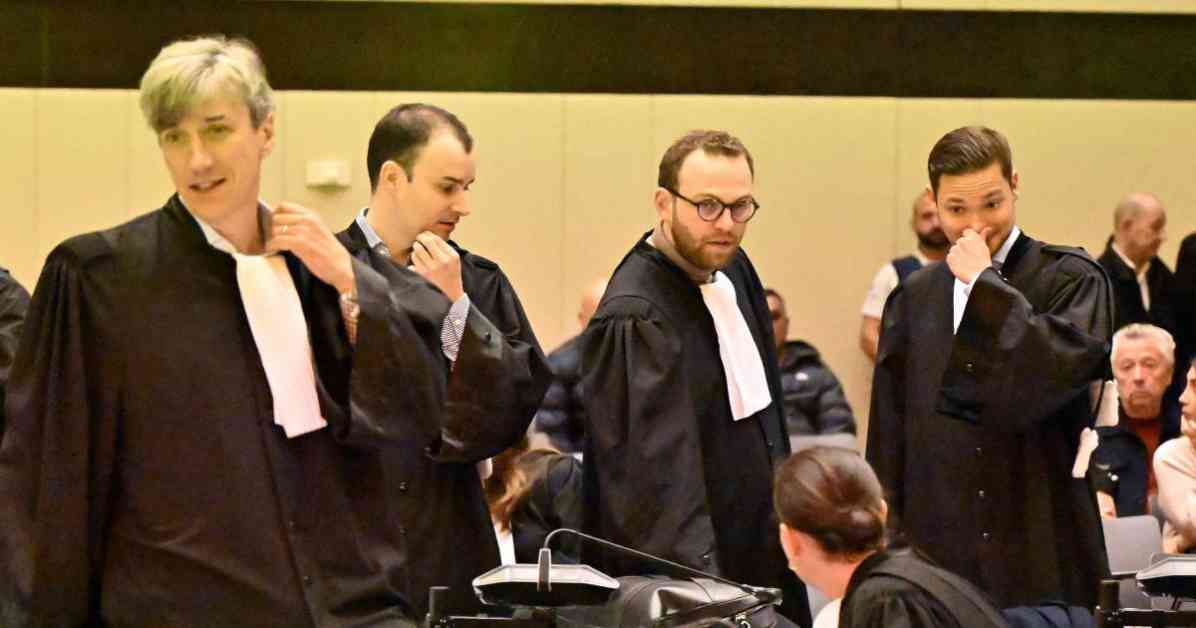Belgium recently concluded its largest drug smuggling trial, resulting in dozens of people being sentenced to prison, including some of the ringleaders who received up to 17 years behind bars. The trial involved more than 120 defendants from various countries accused of participating in a multinational cocaine and cannabis trafficking operation. The case highlighted Belgium’s position as a key entry point for drugs into Europe.
The defendants were brought to court and faced a long list of charges, with some already in custody and others on bail awaiting trial. One of the alleged ringleaders, Algerian Abdelwahab Guerni, was sentenced to 17 years, while Albanian citizen Eridan Munoz Guerrero received a 14-year term. Munoz Guerrero, who admitted to running cocaine laboratories in Belgium, acknowledged his guilt during the trial.
The drug trafficking ring, which operated from 2017 to late 2022, involved multiple criminal organizations and was dismantled following police raids in Belgium, Germany, and Italy. Prosecutors sought jail terms of up to 20 years for some defendants, citing the transportation of drugs from South America and Morocco through ports in Belgium, the Netherlands, Germany, and France, with Antwerp’s port being a key location.
Customs seized a record 116 tons of cocaine in the port of Antwerp in 2023 for the second consecutive year. The investigation into the drug ring was aided by the decryption of messaging apps used by the criminal groups. This allowed authorities to gather evidence on the smuggling operations and hierarchy within the organizations.
The sentencing of the defendants came after a major international operation that led to the arrest of 50 individuals across eight countries involved in transporting cocaine from Latin America to Europe by boat. Additionally, Paraguay authorities announced the largest cocaine seizure in the country’s history, uncovering over 4 tons of the drug hidden in a shipment of sugar bound for Belgium.
While Belgian authorities hailed the trial as a significant blow to drug smuggling gangs, some defense lawyers criticized it as a “publicity stunt.” They argued that unrelated cases were combined to create a high-profile trial, with some defendants having no clear connection to each other. Despite these concerns, prosecutors maintained that there was a structured hierarchy among the criminal groups involved and clear illegal commercial ties.
Several suspects were acquitted, while others received prison sentences ranging from a few months to over 10 years. The verdict, initially scheduled for September 2, was postponed due to objections raised by one of the defendants. The trial showcased the collaborative efforts of law enforcement agencies in combating drug trafficking activities and disrupting criminal networks operating in Europe.























